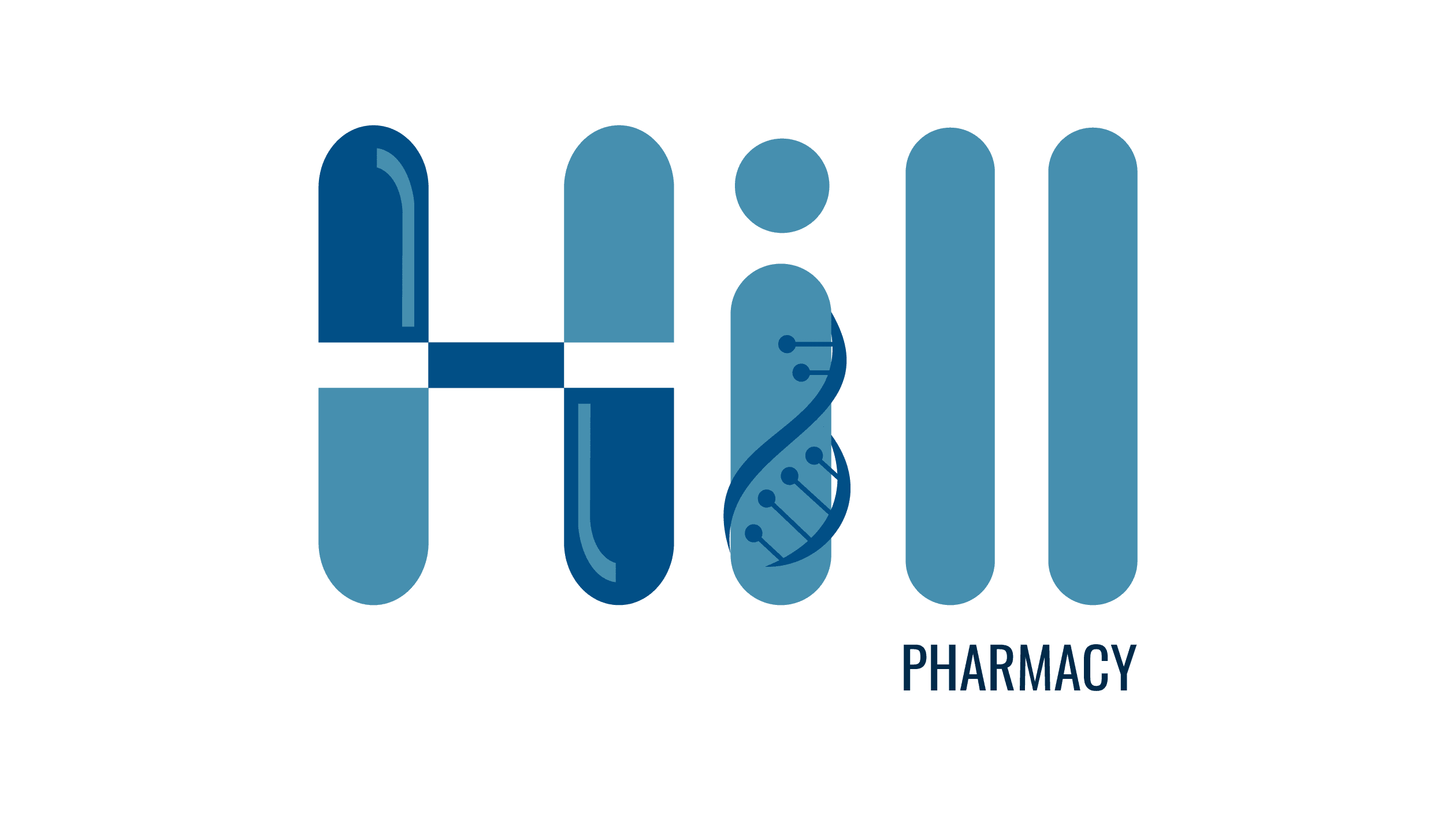
Have you ever felt a sudden tightness in your chest, struggled to draw in a deep breath, or noticed a high-pitched whistling sound when breathing? This sound is what doctors call wheezing — and while it might seem harmless, it’s your body’s way of alerting you to an underlying issue.
In this guide from HILL PHARMACY, we’ll break down what wheezing really means, what might be causing it, and practical steps you can take to protect your lungs and breathe easier every day.
What is Wheezing?
Wheezing is a high-pitched, musical sound that usually occurs during breathing — most commonly when you exhale. It’s often described as a whistle or squeak that you can hear with every breath.
Medically, wheezing happens when there is some kind of obstruction or narrowing in your airways. This makes air flow turbulent, producing that distinctive noise. While an occasional wheeze after running up the stairs might not signal anything serious, recurring or persistent wheezing often points to an underlying respiratory problem.
Common Causes of Wheezing
Wheezing can be linked to several conditions — some temporary, others chronic. Here are the most common:
1. Asthma
Asthma is one of the leading causes of wheezing worldwide. It involves chronic inflammation of the airways, making them swollen and sensitive to triggers like pollen, dust, smoke, or even stress. Asthma symptoms often include a wheezing cough, chest tightness, and episodes of being breathless.
2. Chronic Obstructive Pulmonary Disease (COPD)
COPD is an umbrella term covering long-term lung diseases like emphysema and chronic bronchitis. In COPD, damaged airways and excessive mucus production cause wheezing, coughing, and COPD symptoms like fatigue and shortness of breath. COPD usually develops in smokers or people exposed to long-term air pollutants.
3. Bronchitis
Acute bronchitis (often after a cold) can inflame the bronchi — the large air passages in the lungs — leading to wheezing cough, mucus, and chest discomfort. While acute bronchitis usually clears up, chronic bronchitis (part of COPD) causes ongoing wheezing.
4. Gastroesophageal Reflux Disease (GERD)
Surprisingly, GERD (acid reflux) can trigger wheezing. When stomach acid repeatedly flows back into the esophagus, it can irritate the airways, leading to coughing and wheezing, especially at night.
5. Allergic Reactions and Environmental Triggers
Exposure to allergens (pollen, pet dander) or irritants (smoke, pollution) can cause inflammation and narrowing of the airways, resulting in wheezing.
6. Obstruction by Foreign Object
Sometimes, especially in children, wheezing can be caused by inhaling a small object (like a piece of food or toy), leading to partial blockage of the airway. This is a medical emergency.

What Your Wheezing Might Be Telling You
Persistent or severe wheezing isn’t just a noise — it’s your lungs signalling that something is wrong:
- Asthma triggers might be out of control.
- You may have a hidden infection or flare-up of bronchitis.
- Chronic conditions like COPD might need better management.
- Acid reflux (GERD) might be affecting your airways.
- An allergen or environmental irritant is causing repeated inflammation.
Understanding the cause helps guide treatment and prevents complications.
- Signs It’s Time to See a Doctor
- New or sudden wheezing, especially if it started after choking.
- Wheezing paired with breathless episodes or chest pain.
- Wheezing with blue lips or confusion (signs of low oxygen).
- Wheezing that doesn’t improve with your usual treatment (e.g., inhaler).
If you notice these symptoms, seek medical help immediately.
- How Wheezing is Diagnosed
Doctors use several tools to find out why you’re wheezing:
- Medical history and physical exam: Listening for the sound and asking about triggers.
- Spirometry or lung function tests: Measure how well your lungs move air.
- Chest X-ray or CT scan: Detects pneumonia, COPD, or obstructions.
- Allergy testing: Identifies possible asthma triggers.
- pH probe or endoscopy: If GERD is suspected.
- Treatment and Self-Care Tips for Wheezing
1. Medications
- Over the counter inhaler: Some people use OTC inhalers for mild, occasional wheezing, but regular or severe cases need prescription inhalers.
- Anti-inflammatory medications: Doctors often prescribe inhaled corticosteroids to reduce airway inflammation in asthma.
- Bronchodilators: Help open narrowed airways quickly.
- GERD treatments: Reducing acid reflux can decrease nighttime wheezing.
2. Avoid Asthma Triggers
Identify your asthma triggers (dust, smoke, pollen) and reduce exposure:
- Use air purifiers.
- Wash bedding frequently.
- Avoid smoking and second-hand smoke.

3. Manage Allergies
- Take antihistamines if allergies worsen your wheezing.
- Stay indoors on high pollen days.
4. Keep Your Airways Moist
Dry air can irritate your lungs:
- Use a humidifier.
- Drink plenty of fluids to thin mucus.
5. Strengthen Your Lungs
- Practice breathing exercises (like pursed-lip breathing).
- Try light physical activity approved by your doctor.
6. Maintain a Healthy Weight
Excess weight, especially around the abdomen, can make breathless episodes and wheezing worse.
- Prevention: Protect Your Breathing Future
- Quit smoking to lower risk of COPD and chronic bronchitis.
- Get vaccinated against flu and pneumonia.
- Treat GERD early to avoid airway irritation.
- Visit your doctor if COPD symptoms like morning cough or frequent colds appear.
- When Over the Counter Isn’t Enough
Over the counter inhalers may give short-term relief, but persistent wheezing needs professional care. Only a doctor can diagnose and prescribe proper anti-inflammatory treatments or long-acting bronchodilators.
Final Thoughts: Listen to Your Body
Wheezing is your body’s way of telling you that your lungs might be under stress — from asthma, COPD, bronchitis, GERD, or an unexpected obstruction. By listening to these signs early, you can get the right diagnosis, treatment, and prevent future complications.
At HILL PHARMACY, we care about your respiratory health. If you’re experiencing wheezing, visit us for pharmacist guidance, over-the-counter options, or referrals to a doctor who can help you breathe easy again.
Need Advice on Wheezing?
Visit HILL PHARMACY today for:
- Safe over the counter inhaler options.
- Tips on reducing asthma triggers.
- Guidance on managing COPD symptoms.
- Expert help choosing the right anti-inflammatory treatments.
Your breath matters. Let’s protect it together.


